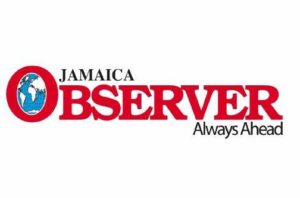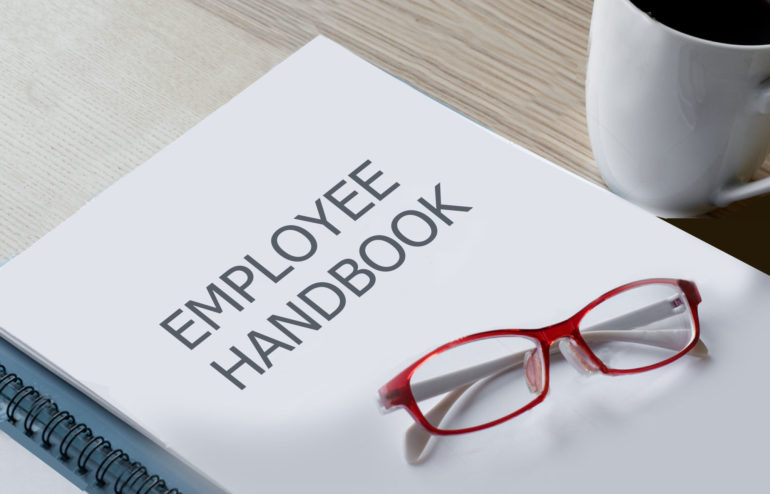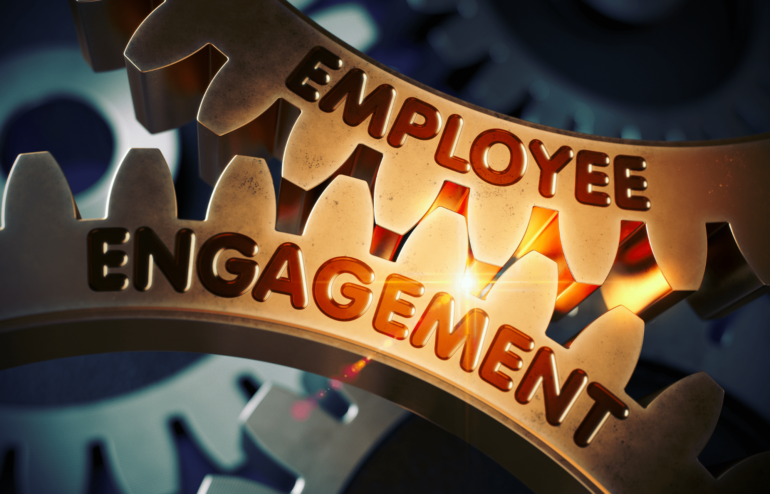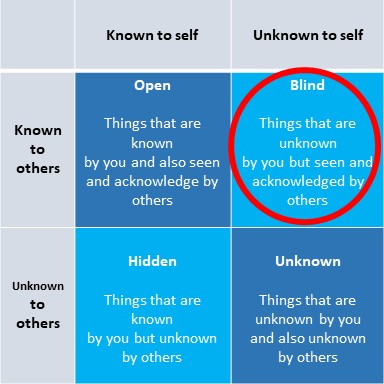What is an ASO
An Administrative Service Organization (ASO) is an organization that provides administrative and human resources services for its clients; this is a simple way to outsource tasks that can be more efficiently handled outside the company. ASOs can provide a variety of services for your company, including the following:
- Payroll – direct deposit, W-2 processing, tax filing, reports, 401(k) administration and other tasks
- Human resources – employee newsletters, help desk, handbooks, file maintenance, employee surveys, background checks, recruiting and other service options
- Employee benefits – benefits enrollment, payment and premiums, COBRA administration and more
Difference between ASO and PEO
ASOs differ from professional employer organizations (PEOs), which provide a more comprehensive package of services and include a co-employment arrangement. The co-employment arrangement in a PEO contract means that the PEO becomes the employer of record and the PEO assumes some or all of the risks and liabilities related to employment.
Should I use an ASO
Whether or not an ASO is right for your company depends on several factors. First, you need to consider whether you want or need to outsource administrative and HR tasks. If so, do you need a full-service contract or just a few tasks handled for you? If you’re looking for a complete package of services and are willing to enter a co-employment agreement, a PEO may be a better choice. ASOs might be the favored option if you want to keep more employment control and need to choose only a few services to outsource.
Looking for ASOs in Jamaica? Contact us at 1-876-971-7632 or email us at sales@caribbeanhrsolutions.com.
Read more













